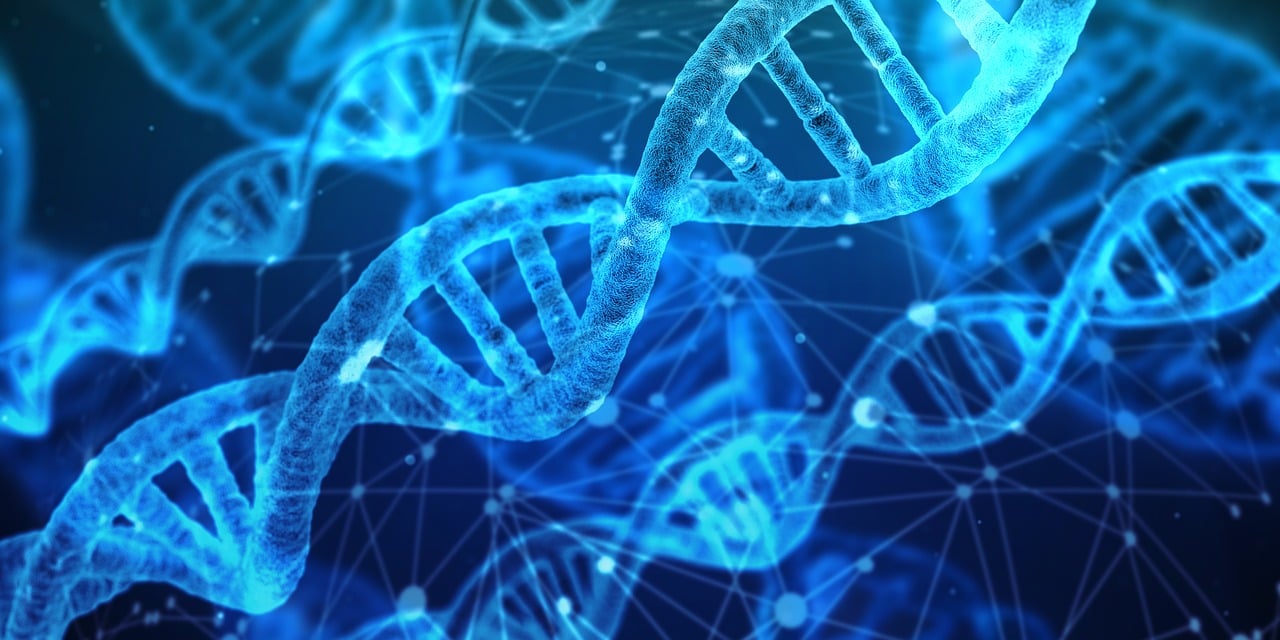
AP BIO
Initiate on a fascinating journey into the fascinating world of biology with our Advanced Placement (AP) Biology course. Designed to challenge and inspire students, our curriculum goes beyond traditional learning methods, emphasizing inquiry-based approaches that encourage curiosity, critical thinking, and scientific exploration. From cellular biology to genetics, ecology, and evolution, our AP Biology course offers a comprehensive exploration of the natural world, providing students with the knowledge and skills to thrive in advanced biology studies and beyond.
What do we do?
Embrace Inquiry-Based Learning
At the heart of our AP Biology course lies a commitment to inquiry-based learning, where students are encouraged to ask questions, design experiments, and draw conclusions based on evidence. Rather than passively absorbing information, students actively engage in the scientific process, conducting experiments, analyzing data, and making connections between concepts and observations. Through hands-on activities, laboratory investigations, and collaborative projects, students develop a deeper understanding of biological concepts and cultivate essential scientific skills.
Discover the Complexities of Biology
Our AP Biology curriculum covers a wide range of topics, providing students with a comprehensive understanding of the complexities of living organisms and their interactions with the environment. From the molecular mechanisms of cellular biology to the principles of genetics and inheritance, students delve into the inner workings of living systems, gaining insights into the structure and function of cells, DNA, and proteins.
Sort out the Mysteries of Genetics
In our AP Biology course, students explore the fascinating world of genetics, where they uncover the mechanisms of heredity, genetic variation, and gene expression. Through in-depth study of DNA replication, transcription, and translation, students gain a deeper appreciation for the role of genetics in shaping traits and characteristics across generations. They also investigate genetic disorders, genetic engineering, and ethical considerations related to genetic research and technology.
Examine Ecological Systems
Ecology is a key focus of our AP Biology curriculum, where students examine the complex relationships between organisms and their environment. From ecosystems and biomes to population dynamics and community interactions, students explore the factors that influence biodiversity, energy flow, and nutrient cycling in ecological systems. Through fieldwork, data analysis, and ecosystem modeling, students gain a deeper understanding of ecological principles and their significance in conservation and environmental stewardship.
Investigate Evolutionary Processes
Evolution is a central theme in our AP Biology course, where students explore the mechanisms of evolutionary change and the evidence supporting the theory of evolution by natural selection. From the fossil record to comparative anatomy and molecular genetics, students examine the diverse lines of evidence that reveal the patterns and processes of evolution. They also explore the role of evolution in shaping the diversity of life on Earth and its implications for human health, agriculture, and conservation.
